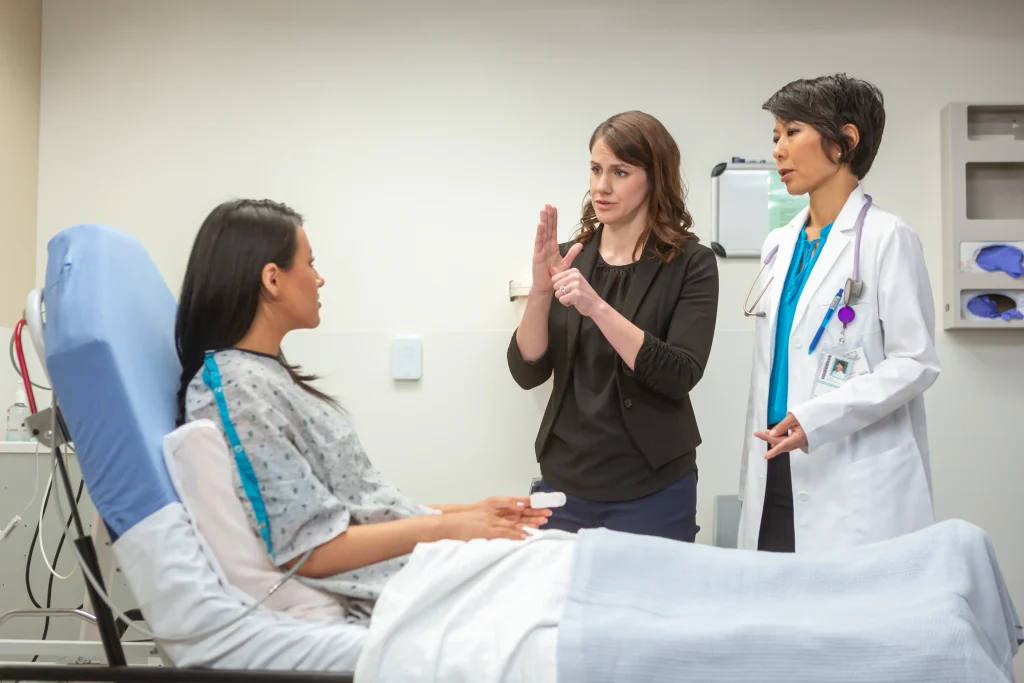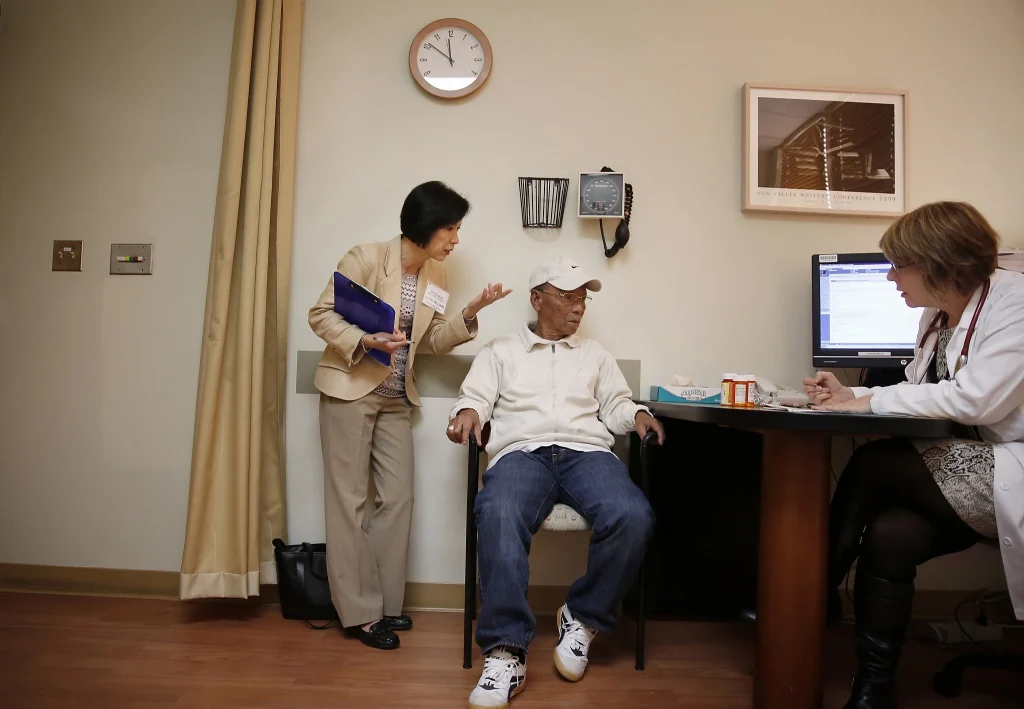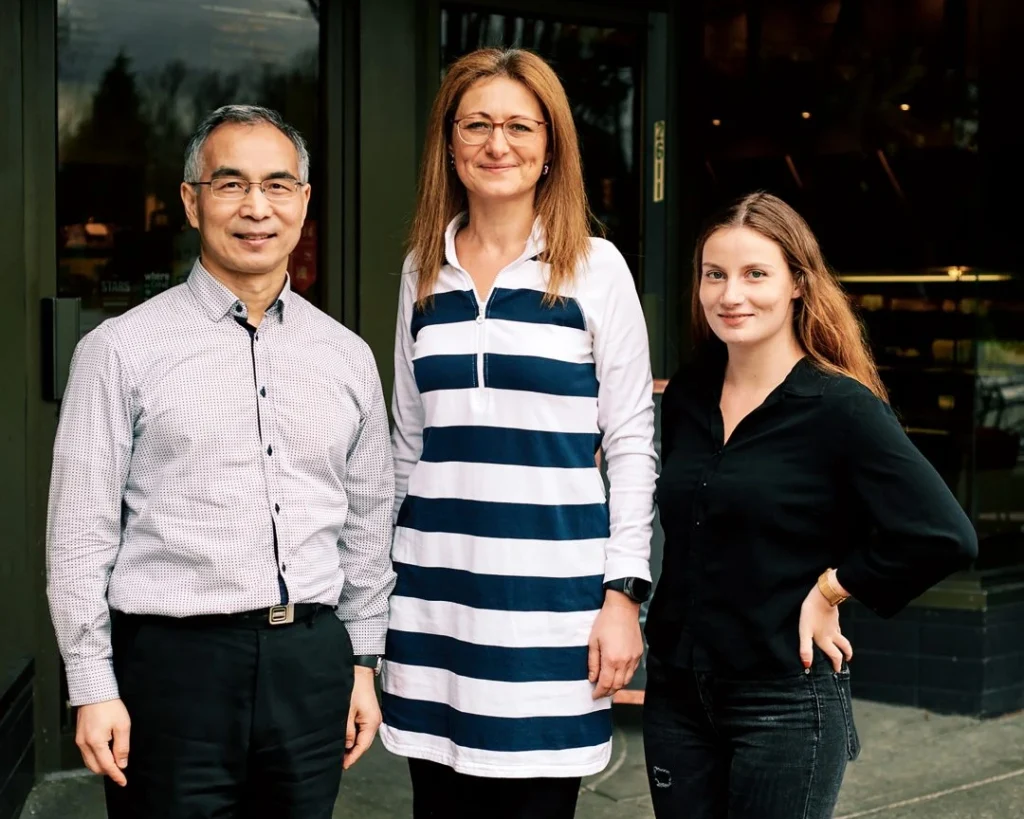Table of Contents

South Korea’s reputation as a premier destination for medical tourism continues to grow, thanks to its advanced healthcare technology, expert medical professionals, and competitive pricing. However, one challenge many international patients face is effective communication during their treatment journey. This is where KIPSA-certified translators become indispensable.
What is KIPSA Certification and Why Does it Matter?
KIPSA stands for the Korea International Patient Safety Association. This organization certifies translators who specialize in the medical field, ensuring they have the linguistic skills and medical knowledge necessary to provide precise, reliable translation services in Korea’s healthcare environment.
Unlike standard translators, KIPSA-certified translators undergo rigorous training to master medical terminology and cultural nuances, enabling them to bridge gaps in communication effectively.
Why Choose a KIPSA-Certified Translator?
Expertise in Medical Terminology: KIPSA-certified translators understand complex medical jargon and procedures, providing clear and accurate interpretations.
Cultural Competency: They are trained to handle cultural sensitivities, helping patients feel more at ease.
Patient Safety and Care Quality: Accurate translation minimizes risks related to miscommunication, enhancing patient safety.
For more details on how to book a KIPSA-certified translator for your medical visit, visit BeautsGO’s KIPSA-certified translators.
The Importance of Medical Translation in South Korea’s Healthcare System
When international patients seek medical treatment abroad, language barriers can lead to confusion, mistakes, or misdiagnoses. Medical translation services provided by certified professionals are essential for:
Accurate Diagnosis: Patients can describe symptoms clearly and understand doctors’ questions.
Effective Treatment: Doctors can explain procedures, risks, and aftercare properly.
Legal and Ethical Compliance: Hospitals comply with international standards when communication is clear.

How KIPSA-Certified Translators Improve Patient Experience in Medical Tourism
Initial Consultations Made Clear
For many international patients, understanding medical options and procedures is the first challenge. KIPSA-certified translators ensure that patients receive accurate explanations of treatment plans, helping them make informed decisions.
Support Throughout Treatment
During hospitalization or outpatient procedures, translators assist doctors and nurses in communicating instructions, medication details, and patient concerns, which enhances treatment efficacy and patient comfort.
Post-Treatment Guidance
Clear communication about post-treatment care, medications, and follow-ups is crucial to recovery. KIPSA-certified translators help patients understand discharge instructions and aftercare, reducing complications.
Overcoming Language Barriers: More Than Just Words
Language barriers are a major hurdle in medical tourism. Beyond literal translation, cultural mediation by KIPSA-certified translators plays a critical role. They help:
Clarify healthcare customs unfamiliar to patients.
Translate idiomatic expressions and culturally sensitive information.
Build trust between medical staff and international patients.
Why Medical Tourism Providers Recommend KIPSA-Certified Translators
Many Korean hospitals and clinics now prioritize working with KIPSA-certified translators to ensure international patients receive the best care possible. This partnership improves:
Patient satisfaction rates.
Treatment adherence and outcomes.
International reputation for Korean medical tourism.
If you’re an international patient planning your healthcare trip to Korea, working with a KIPSA-certified translator can make a significant difference. Learn more about how to find qualified translators on BeautsGo.
Conclusion: Ensuring Clear Communication for Safe and Effective Medical Tourism
The role of KIPSA-certified translators in Korea’s medical tourism industry cannot be overstated. Their expertise guarantees clear, accurate communication, enhancing patient safety, satisfaction, and overall experience. If you want your medical journey in Korea to be smooth and stress-free, make sure to connect with a trusted KIPSA-certified medical translator.
Bonus: Quick Tips for International Patients Using Medical Translation Services in Korea
Verify the translator’s KIPSA certification.
Prepare questions ahead of consultations.
Always ask for clarifications if anything is unclear.
Use professional translation services instead of relying solely on apps or informal interpreters.
Frequently Asked Questions (FAQs)
Can a non-certified translator provide adequate medical translation services?
While some non-certified translators may be fluent in multiple languages, they often lack the specialized medical knowledge and cultural training that KIPSA certification provides. This can increase the risk of misinterpretation, which may affect patient safety and the quality of care.
How can I find a KIPSA-certified translator for my medical trip to Korea?
You can find KIPSA-certified translators through official medical tourism agencies, Korean hospitals that specialize in international patient care, or trusted websites like BeautsGo’s KIPSA-certified translator page, which offer verified translator listings and services.
Does hiring a KIPSA-certified translator increase the cost of medical tourism in Korea?
While professional translation services may add a small cost, the benefits of accurate communication, enhanced patient safety, and improved treatment outcomes far outweigh the expense. Many hospitals include certified translation services as part of their medical tourism packages, making it affordable and accessible for international patients.
Are KIPSA-certified translators available for all languages?
Yes, KIPSA-certified translators cover a wide range of languages commonly spoken by medical tourists visiting Korea, including English, Chinese, Japanese, Russian, and more. The certification ensures they are skilled in both the source language and Korean medical terminology to provide accurate translations.
Can KIPSA-certified translators assist with legal documents related to medical treatment?
Absolutely. KIPSA-certified translators are qualified to translate important legal documents such as informed consent forms, medical reports, insurance papers, and discharge summaries. Their expertise helps ensure that international patients fully understand the legal aspects of their medical care in Korea.
What qualifications or skills are required to become a KIPSA-certified translator?
To become a KIPSA-certified translator, candidates typically need strong proficiency in both Korean and at least one foreign language, a solid understanding of medical terminology, and the ability to accurately interpret complex medical information. They must complete specialized training provided by KIPSA and pass certification exams that test their translation skills and medical knowledge.

